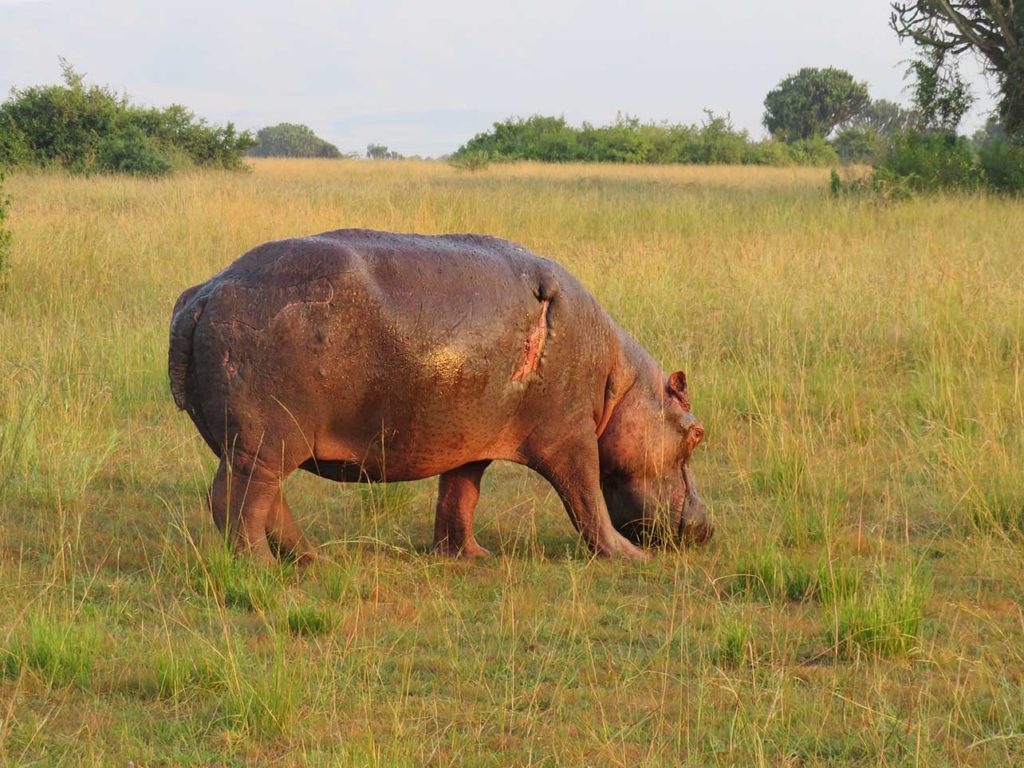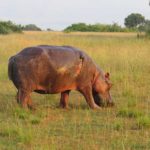Meeting an injured wild animal
You are out on a game drive or nature walk, when you spot an injured wild animal; It looks sad, without parents, injured and begging for rescue. Your instinct is to save it-to be the hero. However, animal behaviour is different and some people can not deal with it. Many of us do not know where to start or how we can increase the chances of survival of an injured wild animal or how to handle a motherless animal.
What do you do to an injured wild animal?
But before you put your cape on, you should know you could be making matters worse. No matter how good you intentions, there are some thing you should never do when you see an injured animal in the wild.
Do not do anything before calling the wildlife authorities or the wildlife rescue
You know the expression “leave it to the pros”? This is a wonderful opportunity to use it and act on it. You animal-loving heart may be breaking to see an animal suffer. However, unless you are a wildlife veterinarian, odds are you do not know how to assess and handle the situation best.
Unless the animal is in likely danger (like being run over), it is better to reach for your phone and not the animal to call the local wildlife rescue.
Do not assume it is orphaned
In the wilderness, a lone a baby wild animal can look confused and all alone. However, their parent could have just gone hunting for a few minutes and will be right back. By removing the baby wild animal, you could be unintentionally separating a family. In other cases, the adult animals may just be giving their babies some space to learn something. But are watching close by.
A mama Bear will not care that you want to babysit her cubs one bit and could attack. The best bet is to watch the baby animals from a distance. Try to see if their parent returns or if they are indeed orphans.
Do not touch the animal
Not only some species like birds, rabbits and monkeys be extremely stressed to the point of death, but others like raccoons and chimpanzee can bite. Being handled by a human can also lead to tragic ostracizing by the animal’s herd. One group of animal lovers found out the hard way as they tried to save a shivering baby Bison in Yellowstone Park.
Do not plan to keep it as a pet
We have all seen the stories online: a rescued baby raccoon who thinks she is a dog, an adopted squirrel that sleeps under the covers, a fox turned mans best friend. While that sounds like the magic stuff out of the Disney movies, odds of that fairytale panning out are slim.
Not only is keeping wild animals as pets illegal in some areas, its unsafe. Wild animals belong in the wild and could attack you and your pets when at home.
Do not feed it
Depending on the injury the animal has, feeding it or forcing it to drink might be fatal. Giving it something it can not properly process like milk or bread may also cause bigger stomach issues.
Do not talk all the way to the vet or rescue center
While you may want to reassure the animal a thousand times that everything is going to be ok. And that you will make sure they are alright. However, resist the urge while transporting them to a wildlife rescue center.
The animal doesn’t know you or your voice. Or even what in the world is happening to them. So the talking will most likely stress them out and frighten them even more. Keep the radio off and the talking to a minimum. Article(edited) by Natalia Lima through Causes 2 care.



